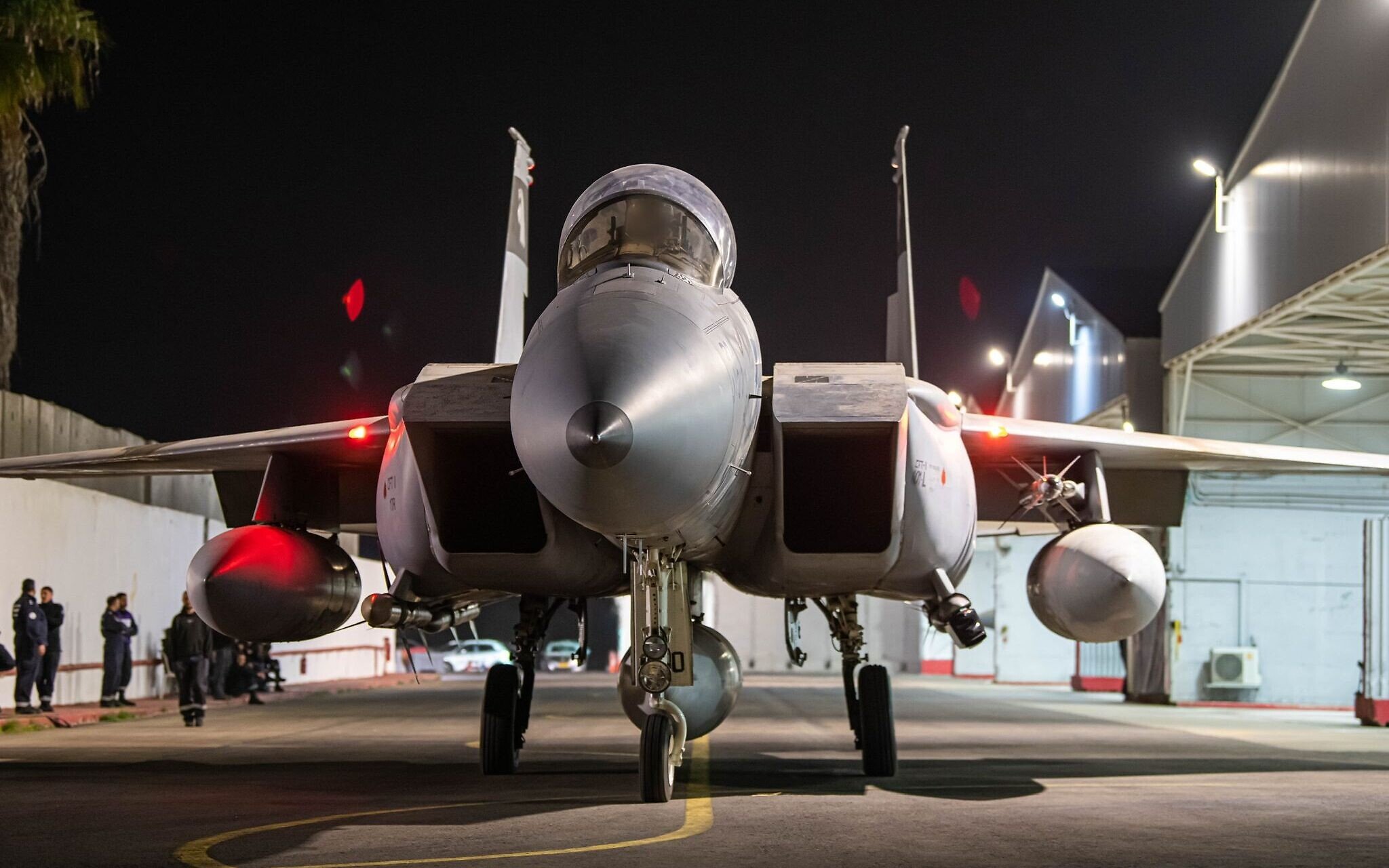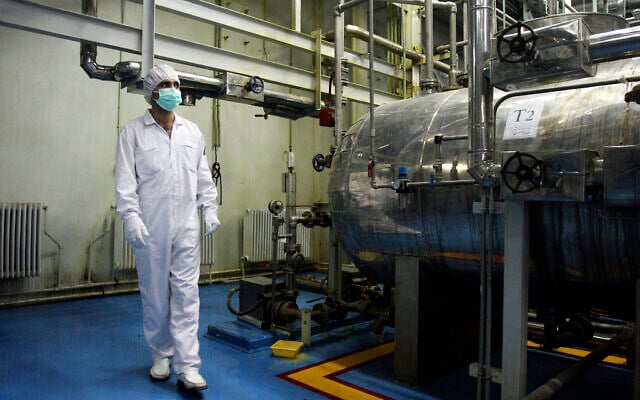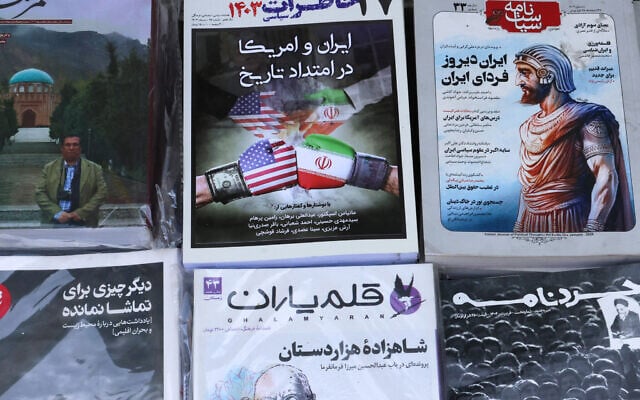



Israel is getting ready to quickly strike Iran if ongoing talks between the United States and the Islamic Republic over the latter’s nuclear program break down, Axios reported Wednesday, citing a pair of Israeli sources.
“Bibi is waiting for the nuclear talks to collapse and for the moment Trump will be disappointed about the negotiations and open to giving him the go ahead,” said one of the sources, using Prime Minister Benjamin Netanyahu’s nickname.
According to the sources, the Israeli intelligence community now thinks the nuclear talks could soon collapse, after previously believing an agreement was close. One of the sources said the military believes the window to attack Iran may soon slam shut, requiring Israel to move fast if the negotiations do not pan out, without saying why the IDF reached that assessment.
The news site also said that both sources confirmed a CNN report that Israel is preparing for potential strikes on Iranian nuclear facilities, while adding that any attack would require a week-long campaign and not be a one-off. Conducting such an operation would also pose great risks to the Israeli forces, the report said.
“There was a lot of training and the US military sees everything and understands Israel is preparing,” one of the sources is quoted as saying.
A US source told Axios that Washington is concerned that Israel could go ahead with a strike without getting prior approval from US President Donald Trump.
In addition, other countries in the region are worried that an Israeli strike — which would likely provoke a war — could release radioactive material that would spread across the area.
A key point of contention in the nuclear talks is Iran’s uranium enrichment activities. Whereas Washington has increasingly stressed that in any deal Iran would not be permitted to enrich uranium, Tehran has vowed that it won’t give up its right to do so.
Iran and the United States have held four rounds of nuclear talks since April 12, the highest-level contact between them since Trump during his first term abandoned a 2015 nuclear deal between Iran and world powers.
The arch-foes will hold more negotiations on the Islamic Republic’s nuclear program in Rome later this week, Tehran and mediator Oman said Wednesday.
The talks aim for a new agreement that would curb Iran’s nuclear activities in return for sanctions relief.
In its Tuesday report, a source familiar with the intelligence told CNN the likelihood of an Israeli strike on an Iranian nuclear facility “has gone up significantly in recent months.”
The person added that the chance of a strike would be more likely if the US reached a deal with Iran that did not remove all of the country’s uranium, CNN said.
Trump’s administration has been conducting negotiations with Iran aimed at achieving a diplomatic deal over its nuclear program, and the CNN report quoted US officials as saying that an Israeli strike would mark a major break with Trump, who has repeatedly stressed his preference for a diplomatic resolution to the issue.
CNN’s reporting followed a report in The New York Times last month on how Trump blocked a planned Israeli strike on Iran’s nuclear program that would require US military support.
The US and other Western countries have long accused Iran of pursuing nuclear weapons — a claim Tehran denies, insisting that its atomic program is solely for civilian purposes. But Iran, which openly seeks Israel’s destruction, has ramped up its enrichment of uranium to 60 percent purity, which has no peaceful application, and has obstructed international inspectors from checking its nuclear facilities.
Last year, Israel twice bombed Iran in retaliation for two direct Iranian missile attacks on the country. The missile barrages were almost entirely stopped by air defense systems in cooperation with the US and it military allies in the region.
Iran fired barrages of missiles at Israel as it was fighting the still ongoing war in the Gaza Strip, triggered by the Palestinian terror group Hamas’s devastating October 7, 2023, invasion of southern Israel. In the wake of the Hamas attack, which killed 1,200 people, Iranian proxies in the region began firing missiles and drones at Israel in support of the Gaza Strip, where Israel was battling against Hamas.
The proxy fire eventually drew Israel and Iran into direct conflict, though it petered out before escalating further than the pair of mutual attacks.


